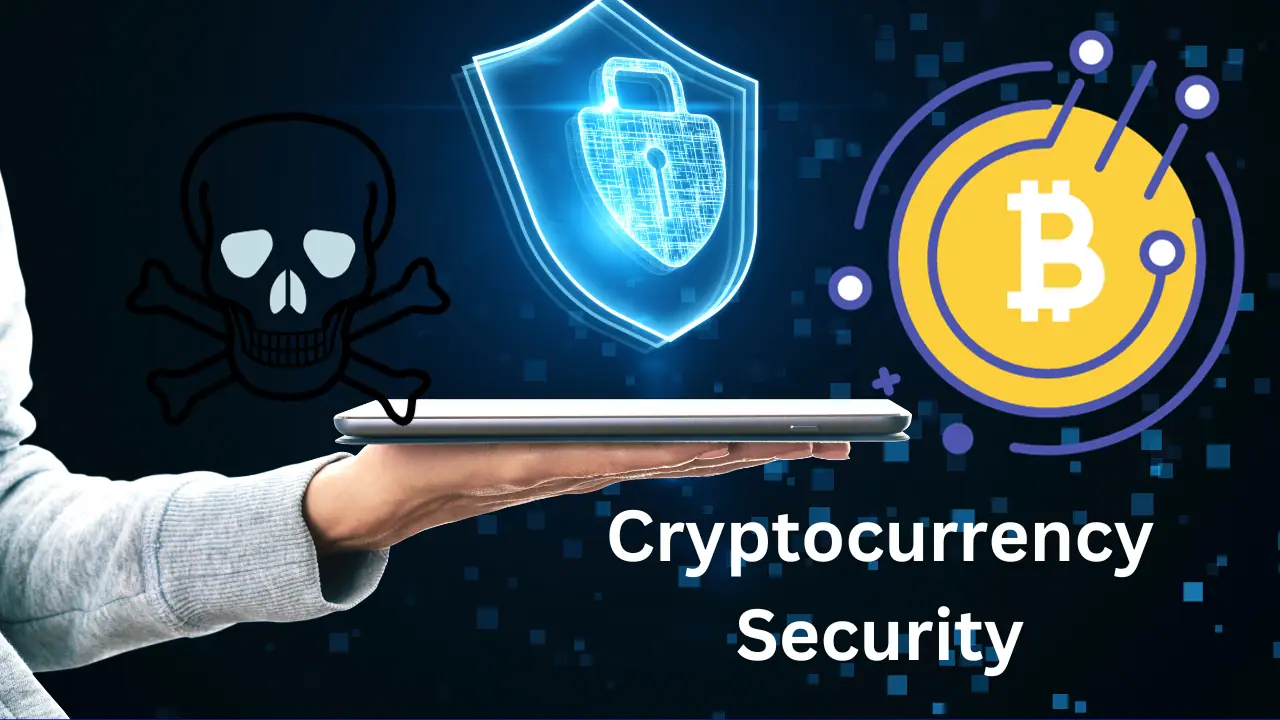Cryptocurrency has gained immense popularity as a virtual alternative to traditional money. Ensuring robust security measures around cryptocurrencies is vital to safeguard users’ funds due to their increasing usage. This article dives into the significance of cryptocurrency security, the risks it entails, and practical methods to protect your digital assets.
Understanding Cryptocurrency Security
To grasp cryptocurrency security, it’s crucial to understand different wallet types: hot and cold wallets.
Hot wallets, linked to the internet, facilitate frequent transactions but are vulnerable to malware and hacking. Conversely, cold wallets, offline by nature, are less susceptible to cyber attacks.
Cryptocurrency exposes users to risks like fraud, hacking, and theft. Employing security measures such as encryption, strong passwords, and multi-factor authentication mitigates these dangers. Additionally, safeguarding private keys is vital as they grant access to your digital assets.
To shield your Bitcoin holdings, awareness of potential threats coupled with necessary security measures is essential.
Significance of Cryptocurrency Security
The importance of cryptocurrency security cannot be overstated. Cryptocurrency transactions are irreversible, emphasizing the need for robust protection against theft, hacking, and fraud.
While cryptocurrencies offer anonymity and privacy, this feature complicates recovering lost or stolen assets compared to traditional financial systems.
Criminals exploit security flaws to pilfer users’ digital assets during cryptocurrency thefts. Prioritizing security measures is pivotal to safeguard your holdings from potential loss or theft.
Implementing security measures not only guards against fraud but also ensures the validity of transactions, especially crucial due to the rise in counterfeit Bitcoin exchanges and fraud attempts.
Best Practices for Cryptocurrency Security
Adhering to best practices is pivotal in securing cryptocurrency assets:
- Regular Software Updates: Keep wallet software updated for the latest security patches.
- Two-Factor Authentication: Enhance security by requiring a second form of verification for account access.
- Beware of Phishing Scams: Exercise caution and avoid sharing login credentials or personal information.
- Protect Personal Information: Safeguard sensitive details like passwords and private keys. Use strong, unique passwords.
- Use Reputable Exchanges and Wallets: Trust established platforms to minimize fraud and hacking risks.
By following these practices, the risk of theft, hacking, or fraud significantly diminishes. However, exercising common sense and caution remains crucial while dealing with cryptocurrencies.
Conclusion
Cryptocurrency security is paramount in safeguarding digital assets in this alternative financial landscape. Understanding associated risks and wallet types, coupled with best practices like regular software updates, two-factor authentication, and cautiousness against phishing scams, is imperative.
Employing security measures defends against fraud, hacking, and potential threats. By staying informed and adopting these precautions, users can secure their digital assets, promote cryptocurrency growth, and protect their holdings effectively.
